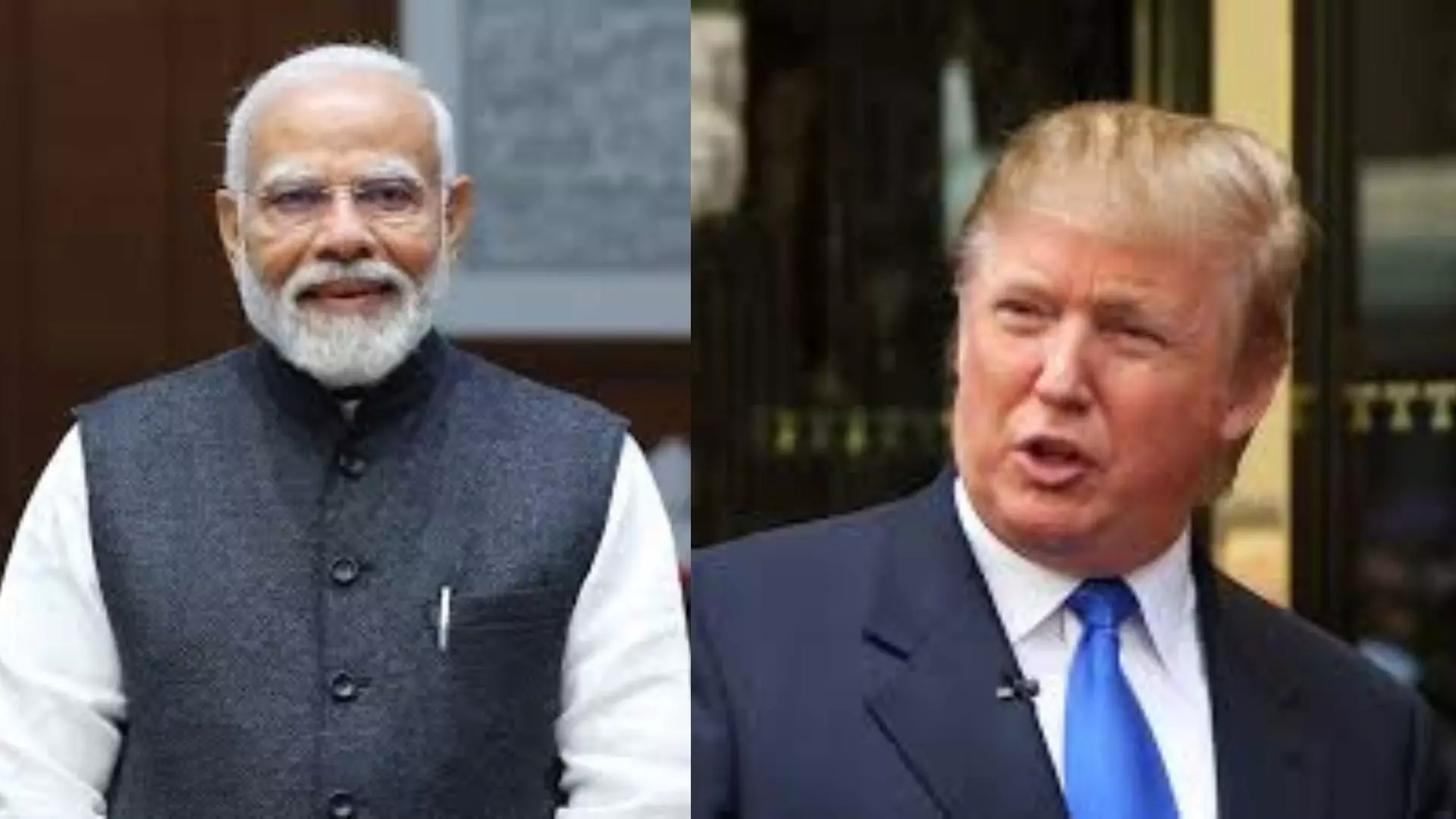DC Edit | India must recalibrate its ties with transactional US
The US called India a natural ally for around 20 years, but within a few days of winning an election, the Trump administration declared India the worst abuser of tariffs, a state actor in fentanyl trafficking, a “country of particular concern”, called for a ban on India’s external spy agency, the Research and Analysis Wing (RAW), and slapped a steep 25 per cent tariff on auto components — highlighting the world-renowned mercurial nature of the new US President

Former US secretary of state Henry Kissinger, widely regarded as a diplomatic guru who reshaped the global order by fostering US-China relations, is said to have made two observations about his country: “America has no permanent friends or enemies, only interests”, and, “It may be dangerous to be America’s enemy, but to be America’s friend is fatal”. Time and again, the US has validated his words, and US President Donald Trump has exemplified this approach with remarkable élan.
The US called India a natural ally for around 20 years, but within a few days of winning an election, the Trump administration declared India the worst abuser of tariffs, a state actor in fentanyl trafficking, a “country of particular concern”, called for a ban on India’s external spy agency, the Research and Analysis Wing (RAW), and slapped a steep 25 per cent tariff on auto components — highlighting the world-renowned mercurial nature of the new US President.
Trump clubbed India with China in imposing a steep 25 per cent tariff on Indian auto components, though New Delhi exports total merely $6.9 billion. From April 2, the US would impose reciprocal tariffs on countries — friends and foes — that treat US imports unfairly, he has said. India would be part of the tariff plan unless the Indian government brokered a peace deal with US officials. Trump wants trade parity between two countries that have at least a 175-year developmental gap between them.
He has also sought a level playing field between Indian farmers, who practise subsistence farming on small landholdings of 2-3 acres, and American farmers, who adopt modern agricultural techniques on thousands of acres of farmland.
The United States wanted to strengthen India as a bulwark to contain China’s rise. However, its Commission on International Religious Freedom called for designating India as a “country of particular concern” for religious freedom violations and to sanction RAW. It also showed no regard for public sentiment in its “natural ally” when it treated 104 illegal immigrants inhumanely while deporting them to India.
There is no country in the world that does not have renegades who work against globally accepted norms, and India is no exception. However, that does not mean they represent the entire country. Nevertheless, the US director of national intelligence termed India a state actor in the illegal trade of fentanyl. This accusation came despite India’s Anti-Terrorist Squad (ATS) having independently arrested two people linked to Surat-based pharmaceutical companies for allegedly exporting illicit fentanyl precursors to Mexico and Guatemala.
Even though the Narendra Modi government has been trying very hard to placate the Trump administration by lowering tariffs and taking steps to reduce its $45-billion trade surplus, the transactional nature of Trump’s policy shows that India must protect its interests independently, without relying on the cover of like-minded countries.
With the resolution of the border dispute with China unlikely to happen anytime soon, New Delhi must navigate its foreign relations deftly without becoming a mercenary for any other country. While China is the biggest challenge to the United States, Trump would have no issue postponing his fight if Beijing offered a grand bargain — potentially leaving India to fight its battles alone. India should, therefore, show reciprocity by treating its relations with the US as transactional.

